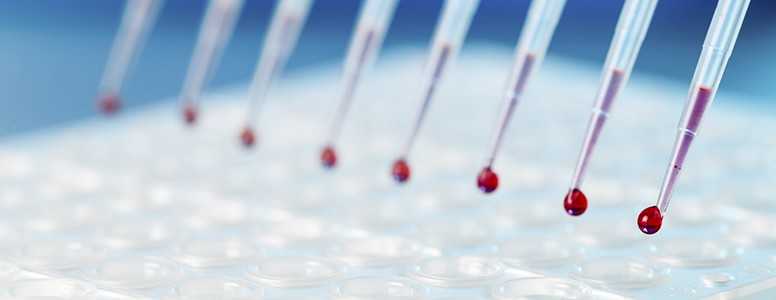The NHS is establishing a “stem cell factory” in Liverpool to treat people at risk of diabetes-related kidney disease.
The experimental stem cell treatment, which is administered via injectio, will be trialled on 48 patients in University Hospitals Birmingham NHS Foundation Trust and Belfast Health and Social Care Trust. There will also be trials in Italy.
The study is funded by a 6m Euro grant from the European Union Horizon 2020 programme.
Kidney disease and diabetes
End stage kidney disease is responsible for 40,000 deaths per year in the UK, and diabetes is the most common cause of end stage kidney disease. Three quarters of people with diabetes will develop kidney disease, also known as diabetic nephropathy. The stem cell treatment is designed to stop tissue damage, thereby eliminating the need for kidney transplants. Like all diabetes complications, the risk of kidney disease can be minimised through tight blood glucose control.
How does the stem cell treatment work?
The participants will be injected with a type of cell known as a stromal cells, which are grown from donated human bone marrow. Stromal cells are versatile – they can be developed into bone, cartilage or fat. In this case, the researchers are focusing on the ability of stromal cells to release proteins and reduce inflammation in the kidney.
Stromal cells have already proved successful in animal trials, leading to significantly improved kidney function.
The study, known as NEPHSTROM, will involve splitting the participants into two groups. The first group will receive the stromal cell injections, but not all at the same dosage. The second group will be given a placebo. This way, the researchers will be able to assess whether the stromal cells have a significant effect on kidney function.
“Diabetic kidney disease is very common so any therapy that could slow the progression of the disease would have a significant impact,” said Professor Timothy O’Brie, of the National University of Ireland, Galway.
Dr Eric Austi, head of Stem Cell Immunotherapy at NHS Blood and Transplant’s site in Speke, Liverpool, is positive about the study’s potential impact.
“This is an exciting project for us to be involved with – especially as the treatment has the potential to lead to lifesaving outcomes for a major illness.”
What's new on the forum? ⭐️
Get our free newsletters
Stay up to date with the latest news, research and breakthroughs.





